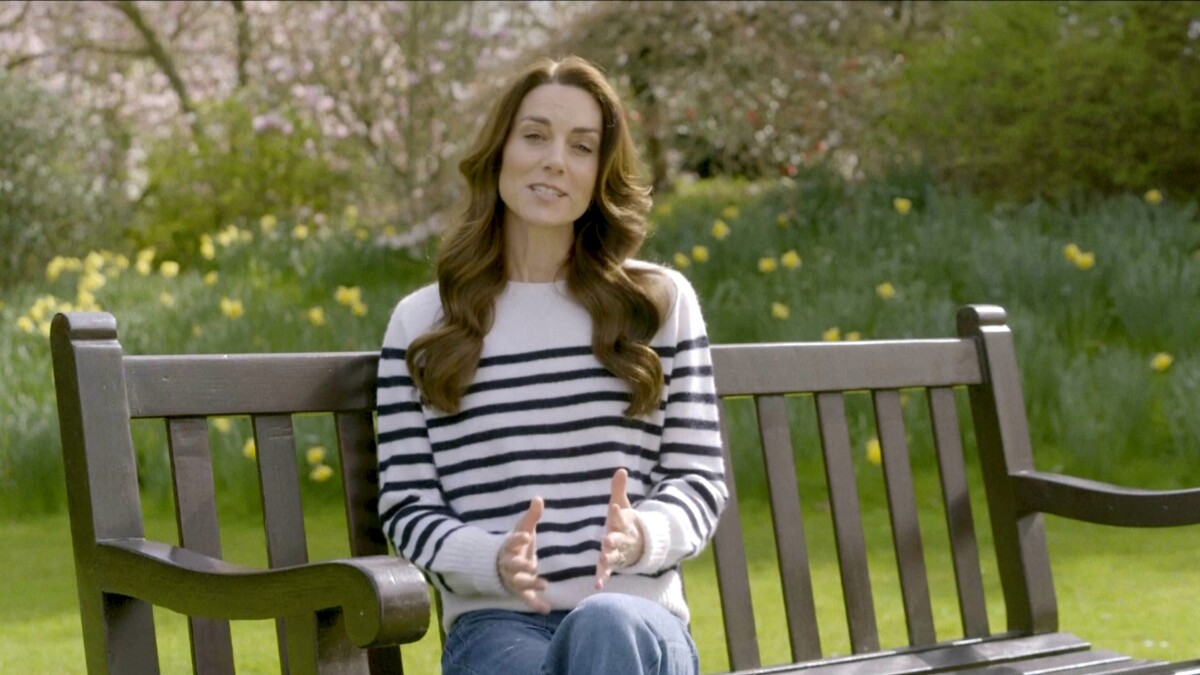Kate Middleton conspiracies linger after cancer revelation

WASHINGTON—The revelation that Britain’s Catherine, Princess of Wales, has cancer prompted a swift backlash over a torrent of lurid social media speculation around her health, including by those positing she was secretly dead.
Kate Middleton, 42, received an outpouring of global sympathy after her video message on Friday revealed that she was undergoing chemotherapy, seeking to put an end to a maelstrom of claims circulated amid her monthslong absence from public life.
The manipulation of a royal photograph the palace released to the media, as well as the British monarchy’s culture of secrecy, had fueled much of the online speculation.
But the proliferation of conspiracy theories on social media—including posts peppered with skull emojis claiming the princess was dead or in an induced coma—illustrates the new normal of information chaos in an age of artificial intelligence (AI) and misinformation.
“Kate has effectively been bullied into this statement,” writer Helen Lewis wrote in US magazine the Atlantic.
“The alternative—a wildfire of gossip and conspiracy theories—was worse.”
‘Cruel grifters’
But gossip and rumors continued. Many on X, formerly Twitter, and TikTok claimed Kate’s video message was an AI-enabled deepfake.
Some users posted slowed down versions of the video to support the claim that it was digitally manipulated, asking why nothing in the background—a leaf or blade of grass—moved.
Others scrutinized her facial movements and speculated why a dimple, as seen in previous images, wasn’t visible.
“Sorry House of Windsor, Kate Middleton [and] legacy media—I’m still not buying what you’re selling,” said one post on X.
Timothy Caulfield, a misinformation expert from the University of Alberta in Canada, said conspiracy theorists “are cruel grifters marketing fear [and] misinformation.” —AFP
AFP is one of the world's three major news agencies, and the only European one. Its mission is to provide rapid, comprehensive, impartial and verified coverage of the news and issues that shape our daily lives.
















